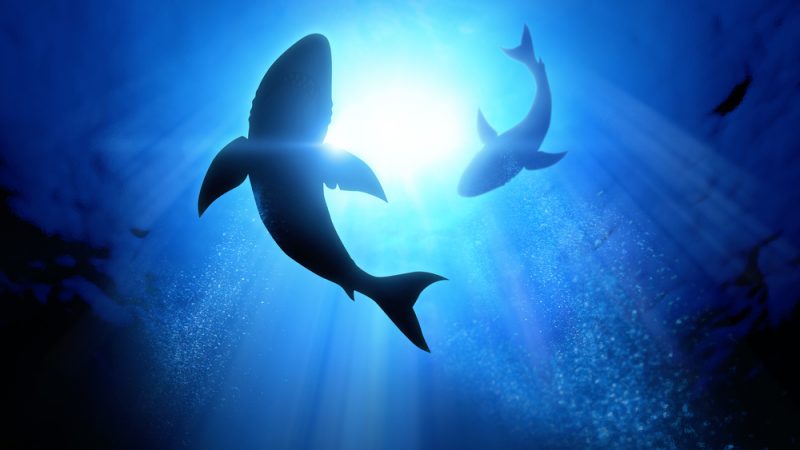
1. Spanish EU Delegates Stand Against Citizens’ Petition to Ban Fin Trade
With Spain leading shark fishing and the manufacturing of unprocessed shark fins in Europe, Spanish EU Delegates, or MEPs, took distance from their respective political groups and stood against a citizens’ petition calling for a ban on the trade of fins. On May 11, EU lawmakers debated in plenary the European Citizens Initiative (ECI) ‘Stop Finning – Stop the trade’ – signed by over a million people – which calls on the Commission to propose measures to ban the trade of loose shark and ray fins in the EU.
(Finning refers to cutting off the fins of sharks – and increasingly other species – before throwing the body back into the sea.) While shark finning has been banned in the EU since 2013, this issue here is specifically about trade in loose shark and ray fins and its implications.
Thank you for your generous gift that will help us continue the production of this weekly, free publication
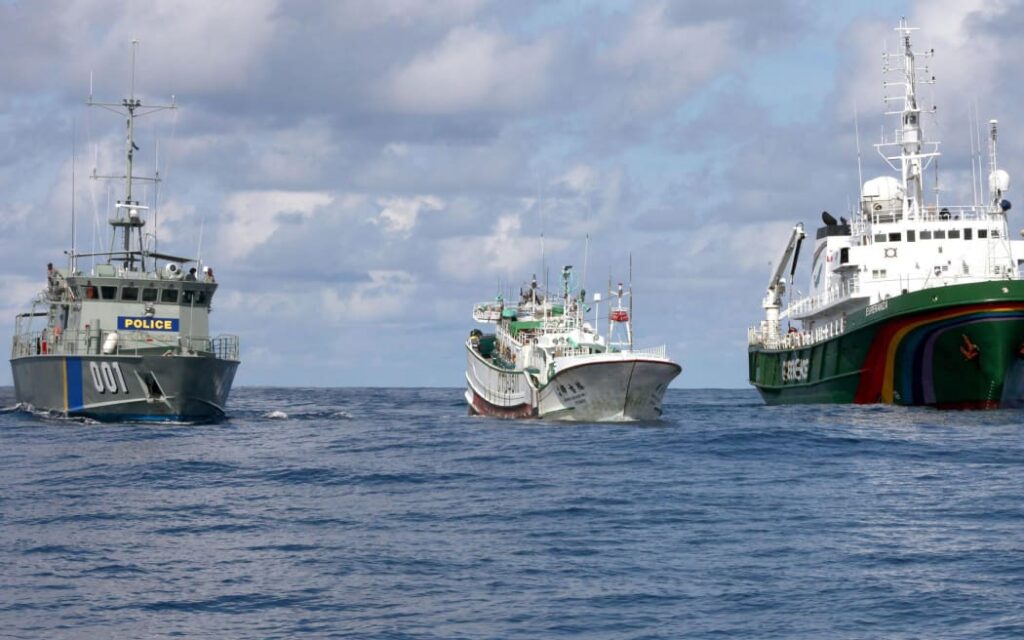
2. Palau’s Efforts Against Illegal Fishing Yield Positive Results
Palau’s successful efforts to combat illegal, unreported, and unregulated (IUU) fishing are yielding positive results. By increasing surveillance, strengthening the legal framework, and partnering with other countries, Palau has seen a reduction in IUU fishing. The country ratified the UN Agreement on Port State Measures, aiming for a Pacific free of illegal fishing by this year. Palau’s unique approach includes the Palau National Marine Sanctuary, which covers 80% of its waters, prohibiting commercial fishing in exchange for financial support through fishing licenses.
Palau has also launched the Marine Spatial Plan (MSP) to protect vulnerable marine ecosystems. By involving local communities, industries, and scientific experts, Palau aims to balance conservation and sustainable resource management. The MSP’s collaborative approach could serve as a model for other Pacific nations. With its commitment to environmental protection and regional cooperation, Palau is demonstrating a path toward a sustainable future.

3. UN Lays out Blueprint to Reduce Plastic Waste 80% by 2040
Countries can reduce plastic pollution by 80% by 2040 using existing technologies and making major policy changes, the United Nations Environment Programme (UNEP) said. The UN’s analysis of policy options to tackle the plastic waste crisis focuses on three main market shifts needed to create a “circular” economy that keeps produced items in circulation as long as possible: reuse, recycling and reorientation of packaging from plastic to alternative materials.
For example, UNEP estimates that government promotion of reuse options like refillable bottle systems or deposit return schemes could reduce 30% of plastic waste by 2040. More efficient recycling and replacement of products like plastic wraps with compostable materials could yield additional reductions. Countries will convene in Paris between May 29 to June 2 for a second round of treaty negotiations, known as INC2, to craft a global treaty aimed at eliminating plastic waste.
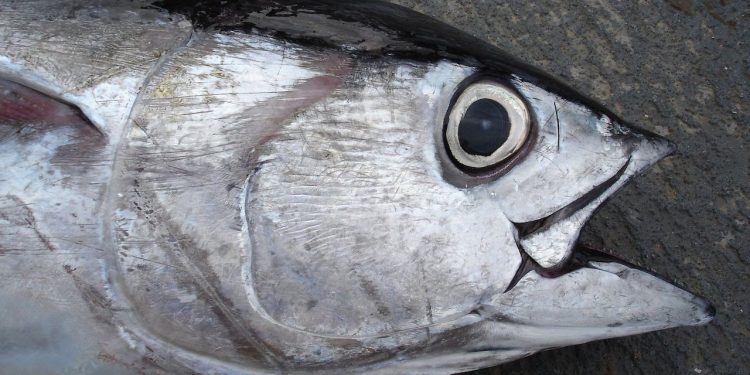
4. Tuna Commision Adopts Resolutions for Sustainable Fishing and Ocean Conservation
At the 27th session of the Indian Ocean Tuna Commission (IOTC), several resolutions were adopted to promote sustainable fishing and ocean conservation. Catch reductions for bigeye tuna were implemented based on scientific recommendations, highlighting the commitment of the Regional Fisheries Management Organization to employing modern harvest strategies. These measures aim to ensure the long-term viability of tropical tuna species.
Guidelines for electronic monitoring systems were also established to enhance observer coverage, addressing the current low levels within the IOTC. Furthermore, discussions were held on Fishing Aggregated Devices and their potential impacts, leading to the formation of a working group to explore science-based management measures. These developments reflect the growing focus on sustainable practices and the need for robust conservation efforts in the Indian Ocean. By adopting these measures, the IOTC aims to safeguard marine ecosystems and promote responsible fishing practices in the region.
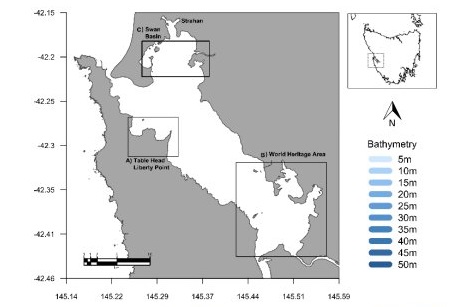
5. Tasmania’s Maugean Skate Faces Imminent Extinction Threat
Tasmania’s Maugean skate, a species that has existed for millions of years, is facing the imminent risk of becoming the first shark or ray to go extinct in modern times due to human activity, scientists say. The population of these skates, found exclusively in Tasmania, Australia’s Macquarie Harbor, has drastically declined in recent years. The degraded water quality in the harbor, caused by intensive salmon farming and altered river flows, has deprived the skates of the oxygen they need to survive.
Key measures are required to save the Maugean skate, including restoring the harbor’s health, implementing a captive breeding program, and continuously monitoring the population. Environmental organizations are calling on the Australian government to take immediate action to avoid this potential global extinction event. Efforts to protect this unique species are crucial to avoid yet another extinction in Tasmania.
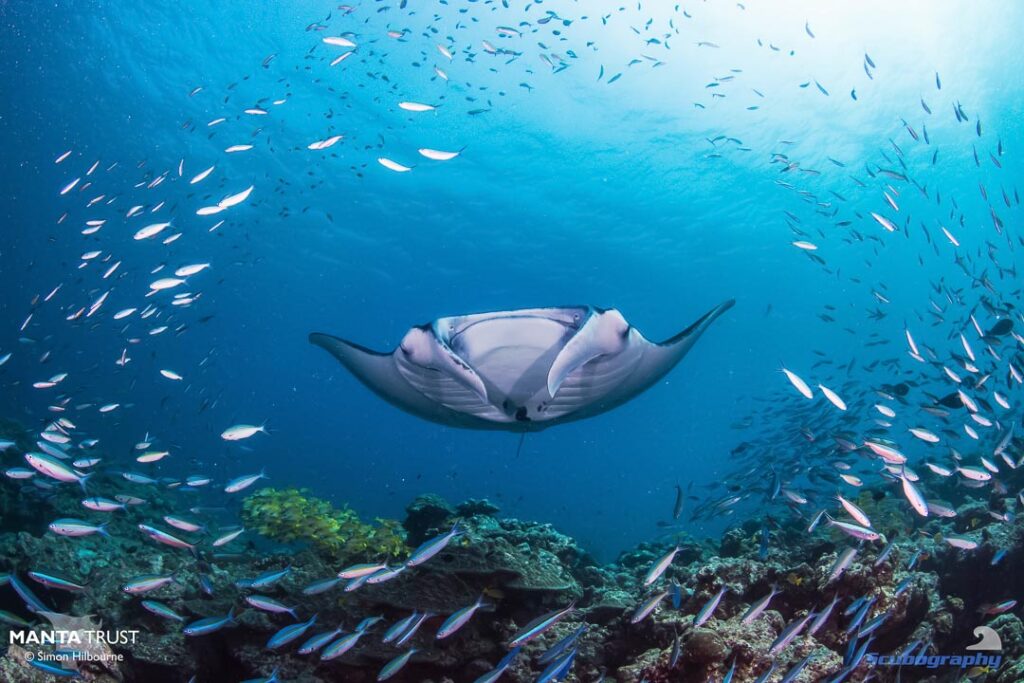
6. Push for Protection of Manta Ray Cleaning Site in Taytay
The Large Marine Vertebrates Research Institute Philippines (LAMAVE), a non-governmental organization (NGO) dedicated to the conservation of large marine animals, is calling for the safeguarding of the newly identified manta ray cleaning site in Taytay, which is in the Palawan province of the Philippines. A cleaning station is a natural spot where manta rays gather and circle as smaller fish eat parasites, dead skin, etc., off them.
Mantas tend to come in the morning and stay nearly the whole day as other fish “clean” them. This is only the third manta ray cleaning station identified in the Philippines, next to Tubbataha Natural Marine Park in Cagayancillo and Ticao-Burias Pass Protected Seascape in Bicol Region. Both intentional poaching and accidental bycatch in fishing gear are taking a heavy toll on these vulnerable creatures, despite the supposed protection of some laws.

7. Whale Sharks Found to Slow Down to Allow Researchers to Scrape off Parasites
Several marine biologists from The University of Western Australia have discovered that some whale sharks will slow their swimming to allow the researchers to scrape collections of copepods (a small parasitic crustacean) from sensitive areas. While marine scientists have been collecting skin and tissue samples from whale sharks for years, the sharks have recently become more cooperative.
The sharks seem to remember the encounters, therefore reduce their swimming rate to allow researchers to easily remove the copepods that tend to cling around the mouths and fins of the sharks. It is suggested that the removal of the parasites reduces irritation and makes swimming easier. The samples that are collected are then studied to discover what these sharks may eat and how deep they dive.

8. Light Pollution From Coastal Cities Can Damage Coral Reefs
Bright lights along our coastlines reduce the likelihood of coral eggs being fertilized and surviving to produce new adult coral and help fix damaged reefs, say scientists. One crucial process to restoring coral reefs is coral spawning. This is when lunar cycles trigger entire colonies of coral to release eggs on certain nights of the year. It helps the species spread to uninhabited areas of the ocean, reproducing and healing damaged coral.
Without it, the species would cease to exist. To help heal our reefs this process has to take place during specific times. However, using a combination of light pollution data and spawning observations, researchers discovered that corals exposed to artificial light at night (ALAN) are spawning one to three days closer to the full moon compared to those on unlit reefs.

9. Third UN Ocean Conference Co-Chairs Solicit Inputs From Civil Society
The Third UN Ocean Conference will convene in Nice, France, in June 2025. It will be co-chaired by the Governments of France and Costa Rica.
In June 2024, Costa Rica will host a stakeholder meeting. Olivier Poivre d’Arvor, Special Envoy of the President of France for the UN Ocean Conference, and Gina Guillen Grillo, Director General of External Affairs, Ministry of Foreign Affairs and Worship, Costa Rica, have published an open letter, announcing that they have asked Rémi Parmentier, Co-Founder, The Varda Group, and Loreley Picourt, Executive Director, Ocean & Climate Platform, to facilitate civil society engagement.
The Co-Chairs emphasize that, drawing on the UNOC’s previous editions in 2017 and 2022, the Third UN Ocean Conference must generate transformative action and provide solutions the ocean needs, supported by ocean science and funding for SDG 14 (life below water).
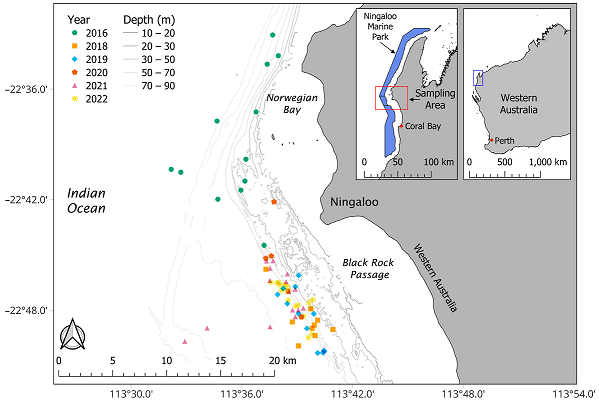
10. Study: Can Copepods Indicate Whale Sharks’ Diet and Conservation Needs?
A recent study conducted at Western Australia’s Ningaloo Reef investigated the diet of whale sharks and its implications for conservation efforts. The researchers used a parasitic copepod to understand their diet and position in the food chain. They examined the composition of certain isotopes in the skin tissues of 72 whale sharks and the copepods they host, collected over a period of six years.
A strong connection was found between the isotopes in the copepods and those in the whale sharks, indicating that the copepods can reliably indicate the sharks’ position in the food chain. However, the connection between another set of isotopes was not as strong, possibly due to differences in the copepods’ biology. Overall, this study suggests that using parasitic copepods can be a non-invasive, accurate way to assess the feeding status of whale sharks, which can help in developing effective conservation strategies.

11. Improving the Management of Harmful Algal Blooms in Florida: A Collaborative Research Effort
Florida’s Sanibel-Captiva Conservation Foundation’s Marine Lab is leading a research project in collaboration with the University of Florida and other institutions to improve the management of harmful algal blooms (HABs). By analyzing water samples and using an advanced artificial intelligence model, the team aims to identify the factors contributing to HABs and set targets for improving water quality.
The model’s use of archived data for forecasting and its ability to focus on relevant information shows promise in predicting HABs more effectively than previous methods. Through continuous monitoring and targeted sampling efforts, the researchers aim to detect HABs earlier and gain a deeper understanding of their causes and impacts. This comprehensive project, funded by the U.S. Army Corps of Engineers, aims to guide water management practices and mitigate the impact of HABs on coastal ecosystems, particularly in Southwest Florida.

12. Tech Company Establishes Sustainable Farm-to-Table Shrimp Operation in Indiana
Atarraya Inc., a Mexico-based company specializing in shrimp farming equipment, is bringing locally grown shrimp to the Indianapolis, Indiana area. Powered by artificial intelligence, biotechnology, and automation, Atarraya has established a sustainable shrimp farm that serves as a demonstration site for its advanced farming technology in the U.S. The company believes its vertical farms provide an innovative solution for restaurants interested in cultivating their own shrimp.
To offer a farm-to-table experience, Atarraya has launched a website where customers can order shrimp. The locally produced shrimp are considered a premium, sustainable, and fresh product, without the use of antibiotics. With the successful implementation of the Indianapolis model farm, Atarraya plans to expand its operations across the United States. By providing sustainable and accessible shrimp, Atarraya aims to make a positive impact on the industry while offering a nutritious and locally produced seafood option.

13. Climate Risks Push Indonesia to Sell Yen-Denominated Blue Bonds
Indonesia is planning to sell blue bonds that are denominated in yen to raise funds for ocean-related projects. Blue bonds, a variant of green debt, typically channel funds into areas such as marine conservation and improving water resources, underscoring some of the issues posed by climate change. Proceeds from Indonesia’s sale will fund investments in ocean conservation and climate change mitigation programmes, according to a filing from the issuer.
Of note in this deal is that Indonesia is marketing a Samurai deal, and it would be the first such issuance of yen-denominated debt from a foreign borrower, according to the underwriters. Some other sovereign issuers are exploring the Samurai bond market to tap yield-hungry Japanese investors, especially as the Bank of Japan’s ultra-dovish policy keeps rates anchored close to zero.
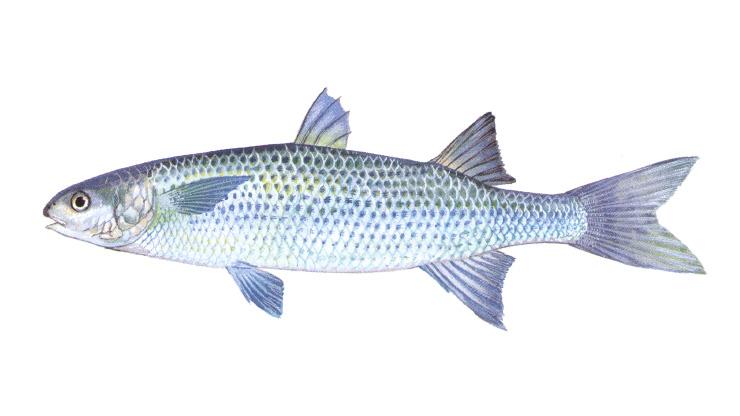
14. Commission to Vote on Rule Change to Help Protect Shellfish
North Carolina Marine Fisheries Commission members are scheduled to vote on suspending a rule that would help protect shellfish and on amendments to striped mullet and spotted seatrout fishery management plans during an in-person meeting May 24–26, 2023, in Beaufort. The meeting will be livestreamed on YouTube and a link will be posted on the Marine Fisheries Commission webpage. The Division of Marine Fisheries recently put in place a shellfish relocation permit.
The proclamation SF-5-2023 requires a permit to relocate shellfish found in areas closed to harvest where shellfish would be destroyed due to dredging, construction or other development to designated relocation sites. Commission members are being asked to vote on suspending indefinitely their rule that a person applying for the shellfish relocation permit must have a valid standard or retired standard commercial fishing license with a shellfish endorsement or a shellfish license.
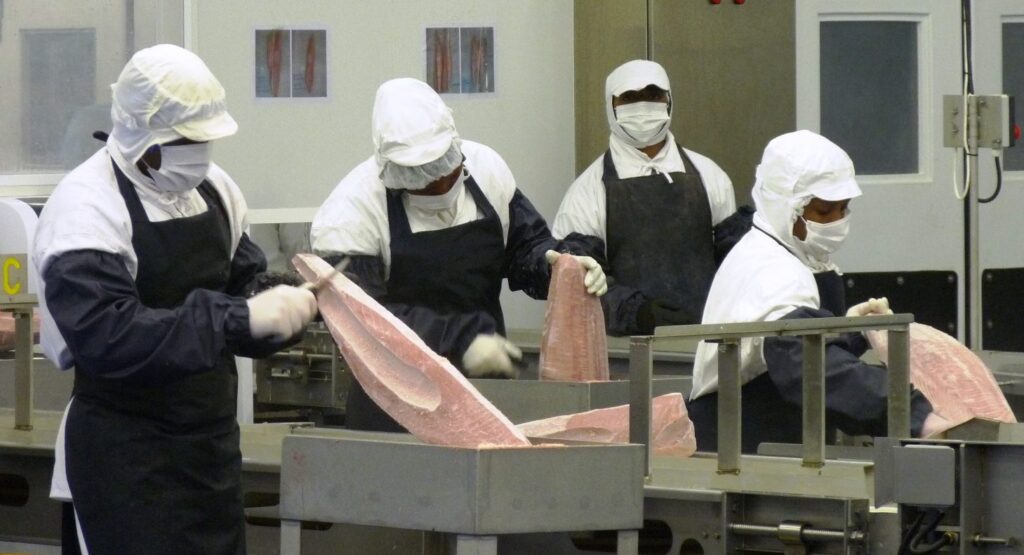
15. NGO Files Appeal: EU-France Objections to Indian Ocean FAD Measure
An NGO has filed an appeal against the objections raised by the European Union (EU) and France regarding a proposed Fish Aggregating Device (FAD) measure in the Indian Ocean. The measure aims to mitigate the harmful effects of FADs on marine ecosystems and protect vulnerable species. FADs are floating devices used by industrial fishing vessels to attract fish, but they often result in the accidental capture of non-target species, including endangered marine life.
The NGO argues that the objections raised by the EU and France undermine global efforts to promote sustainable fishing practices and protect marine biodiversity. They contend that the proposed measure strikes a balance between conservation and fishing interests. The appeal seeks to overturn the objections and strengthen international cooperation in the conservation of the Indian Ocean’s marine resources.
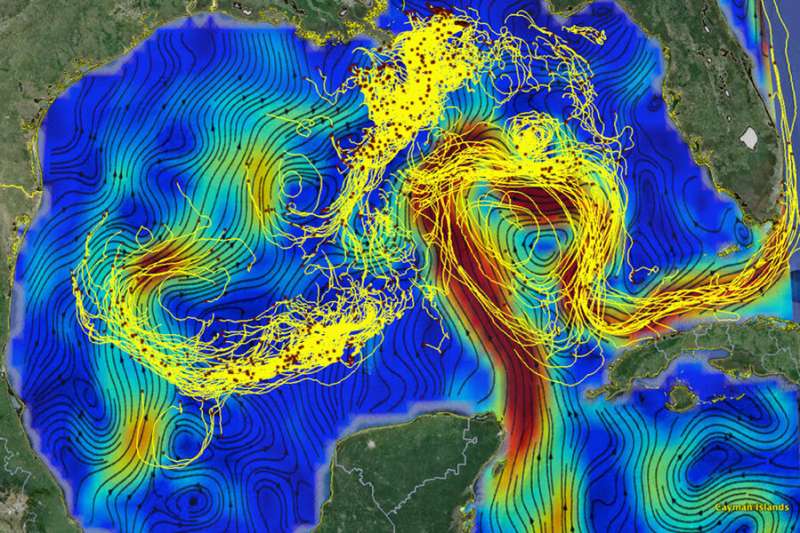
16. Machine-Learning Model Makes More Accurate Predictions About Ocean Currents
To study ocean currents, scientists release GPS-tagged buoys in the ocean and record their velocities to reconstruct the currents that transport them. These buoy data are also used to identify “divergences,” which are areas where water rises up from below the surface or sinks beneath it. A new model that incorporates machine learning makes more accurate predictions than conventional models do, a new study reports.
A multidisciplinary research team including computer scientists at MIT and oceanographers has improved upon a standard statistical model by including knowledge about fluid dynamics to better reflect the physics at work in ocean currents. This new model could help oceanographers make more accurate estimates from buoy data, which would enable them to more effectively monitor the transportation of biomass (such as Sargassum seaweed), carbon, plastics, oil, and nutrients in the ocean.

17. UAE Ratifies Fisheries Subsidy Agreement at World Trade Organisation in Geneva
The United Arab Emirates (UEA) ratified the Agreement on Fisheries Subsidies adopted by the World Trade Organization Ministerial Conference in June 2022. The UAE is among the first countries to ratify the agreement because it believes protecting, conserving, and promoting the sustainable use of the oceans is key to long-term sustainable development. Underscoring its commitment, the UAE will host the 28th Conference of the Parties to the UN Framework Convention on Climate Change (COP28) in November at Expo City Dubai.
The Agreement on Fisheries Subsidies is the first multilateral agreement negotiated by the entire WTO membership since December 2013. It aims to reduce the scope of subsidy programs and measures while defining illegal, unregulated, and unreported fishing practices that justify the prohibition of subsidies; outlining the powers of concerned authorities; and identifying the depletion of marine resources through overfishing.
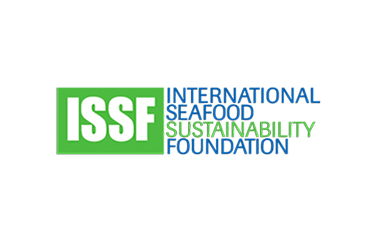
18. Audit Finds 23 of 25 Seafood Companies Compliant With Sustainable Fishing Measures
Twenty-three of 25 companies partnered with the International Seafood Sustainability Foundation (ISSF) were operating in 100 percent compliance with the organization’s sustainable fishing measures, according to a new report. The nonprofit’s Annual Conservation Measures and Commitments Compliance Report records participating companies’ progress in following the best practices for sustaining tuna fisheries all around the world.
“In an era when sustainability pledges in the private sector are becoming increasingly commonplace, ISSF participating companies continue to stand out in their commitment to a rigorous, transparent audit and compliance process,” ISSF President Susan Jackson said in a statement. “We cannot take for granted the value of this consistent, public reporting on the business practices of the world’s leading tuna companies – even as we mark the ninth year of the ISSF approach.”

19. Urgent Action Needed to Monitor Sewage Spills in Scottish Rivers
Summary: Environmental experts are calling for increased monitoring of sewage spills into Scottish rivers after alarming figures revealed an average of 30 overspills occurring daily. The data highlights the need for immediate action to address the issue and safeguard the health of Scotland’s waterways. Sewage spills pose a significant threat to aquatic ecosystems, contaminating the water with pollutants and endangering marine life.
The experts argue that robust monitoring systems are essential to identify problem areas, hold responsible parties accountable, and implement effective measures to prevent future spills. By prioritizing the protection of Scottish rivers, authorities can ensure the preservation of valuable habitats and maintain the ecological balance. Strengthened monitoring efforts will play a crucial role in promoting sustainable practices and safeguarding the environment for future generations.




